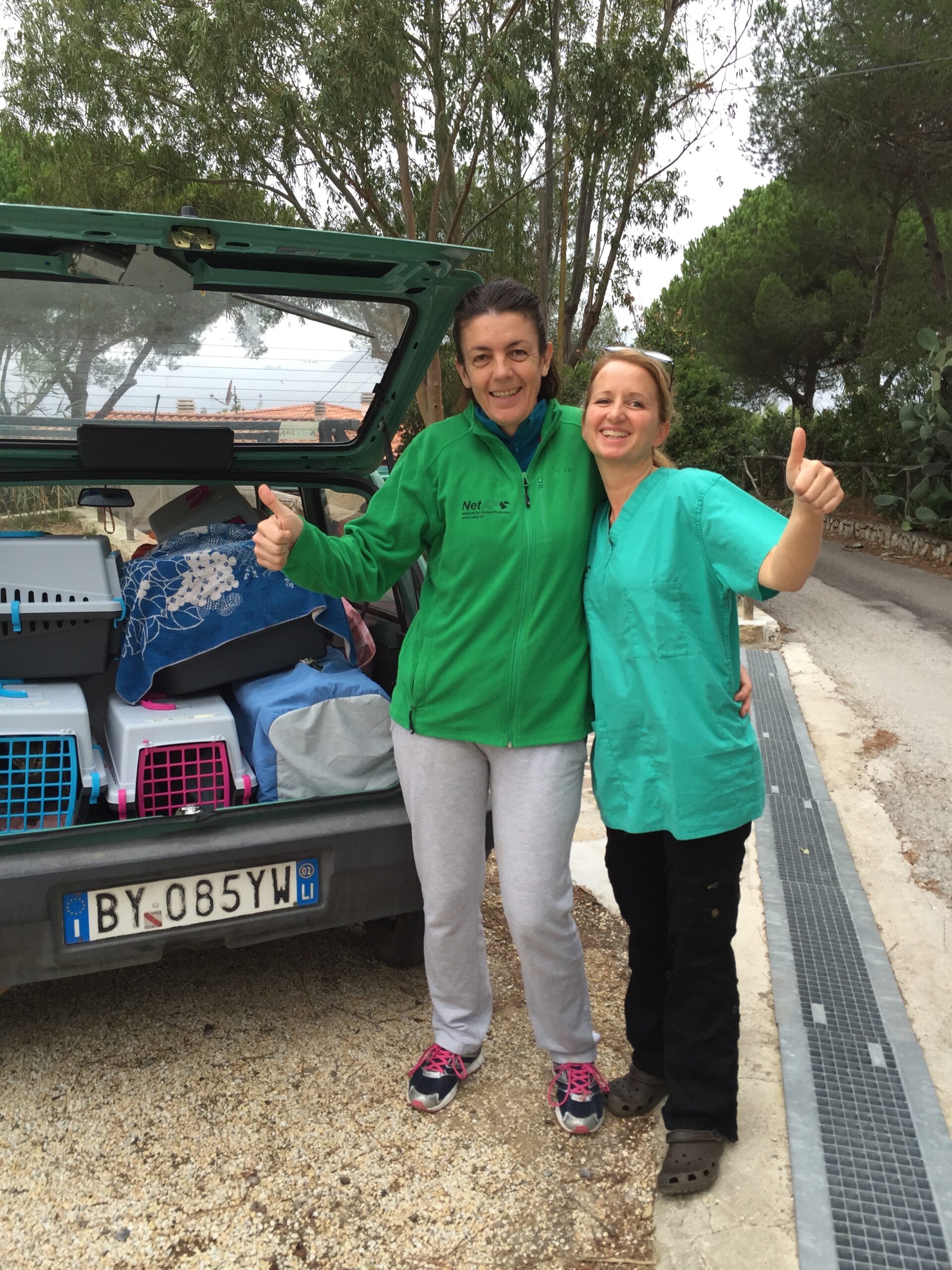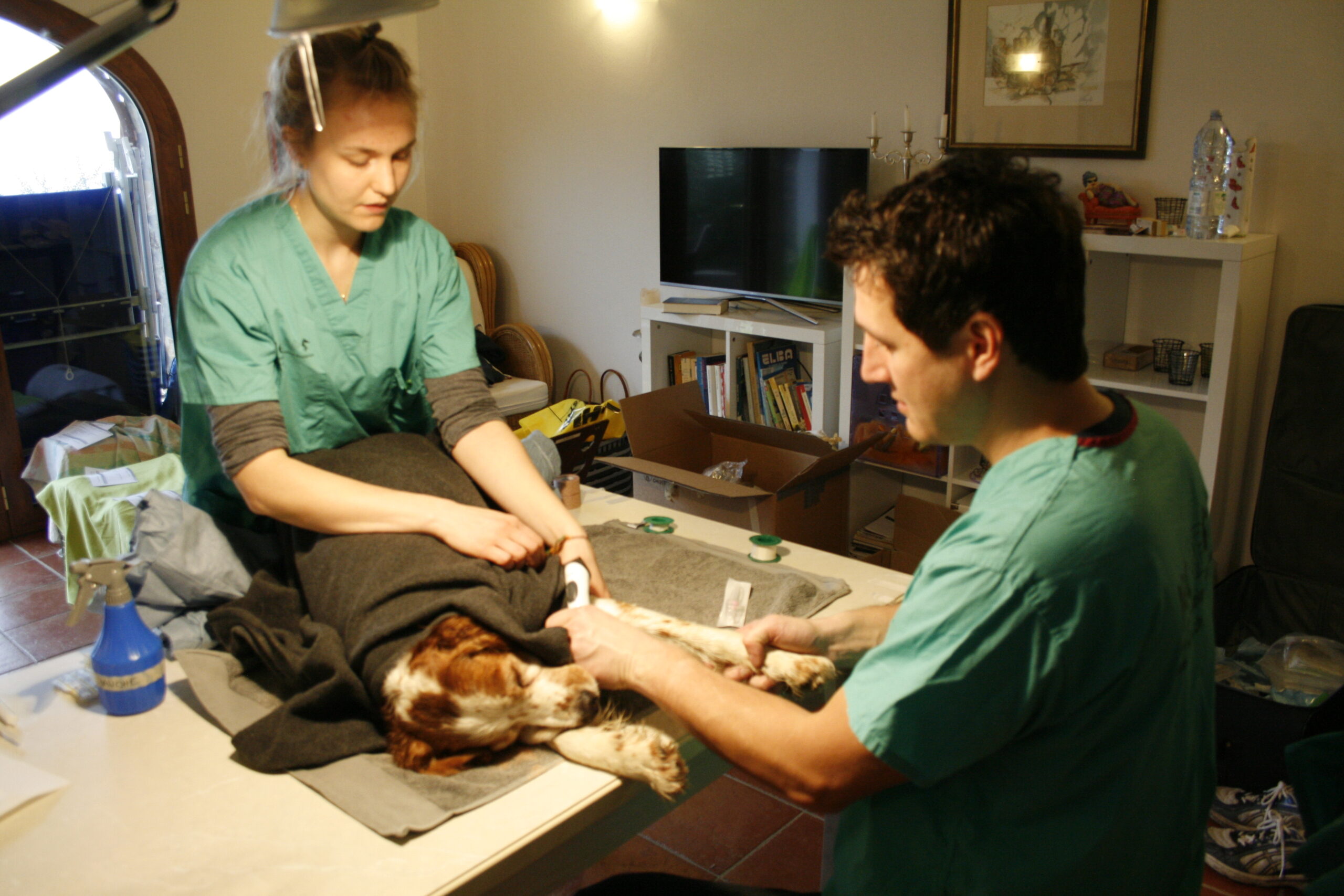Spenden
- Activities
- About NetAP
- Your help
- Education
- Media

In summer 2010, we received a call for help from Elba. We decided to investigate the situation on the island and discovered that there was widespread misery among the cats. An estimated 15,000 cats were vegetating on the island, suffering from hunger, parasites and numerous diseases, such as feline enteritis, and yet they were constantly multiplying. The local animal welfare organisations were completely overwhelmed by the situation.
We subsequently developed a concept for a comprehensive neutering programme and were able to win over a large Swiss animal welfare organisation, as NetAP did not yet have the necessary resources at the time. Although it was clear that this would be a long-term project, the organisation unfortunately threw in the towel two years later due to a lack of quick success. We took over the project completely and have been the only foreign organisation to neuter street cats ever since. Our local team consists of two volunteers (Elvira Muff and Romina Bulleri).
In 2014, the municipality of Capoliveri provided land for a cat sanctuary free of charge. This was the birth of the small but excellent cat shelter “I gatti di Capoliveri”, which has since been run by volunteers and offers space for cats in need of care, as well as providing food and other necessities for around 70 outdoor cats on site. The station has been continuously expanded over the years and, in addition to quarantine and individual kennels, also has two outdoor kennels for cats that need to be observed and are dependent on medication.
Unfortunately, despite intensive negotiations and the funding intentions of a foundation, there is no animal shelter on the island.
Over the years, the authorities and politicians have repeatedly promised to cover the costs of neutering. In 2015, for example, the veterinary office promised to finance 350 castrations. After the ENPA (L’Ente Nazionale per la Protezione degli Animali) became active on the island again in 2020 and financed a quarter of the castrations, several municipalities pledged financial support to the ENPA in 2021, meaning that we could have actually withdrawn a little and restricted ourselves to the area around Capoliveri. We had already had this area under control for years. However, it quickly became clear that a retreat would lead to a deterioration of the situation. As we did not want to risk jeopardising the success we had achieved so far – the eastern half of the island has largely been rehabilitated – our team on the ground became active again.
In addition to neutering, we regularly supply food donations and antiparasitics as well as other relief supplies, help to rescue other animal species and provide advice.

